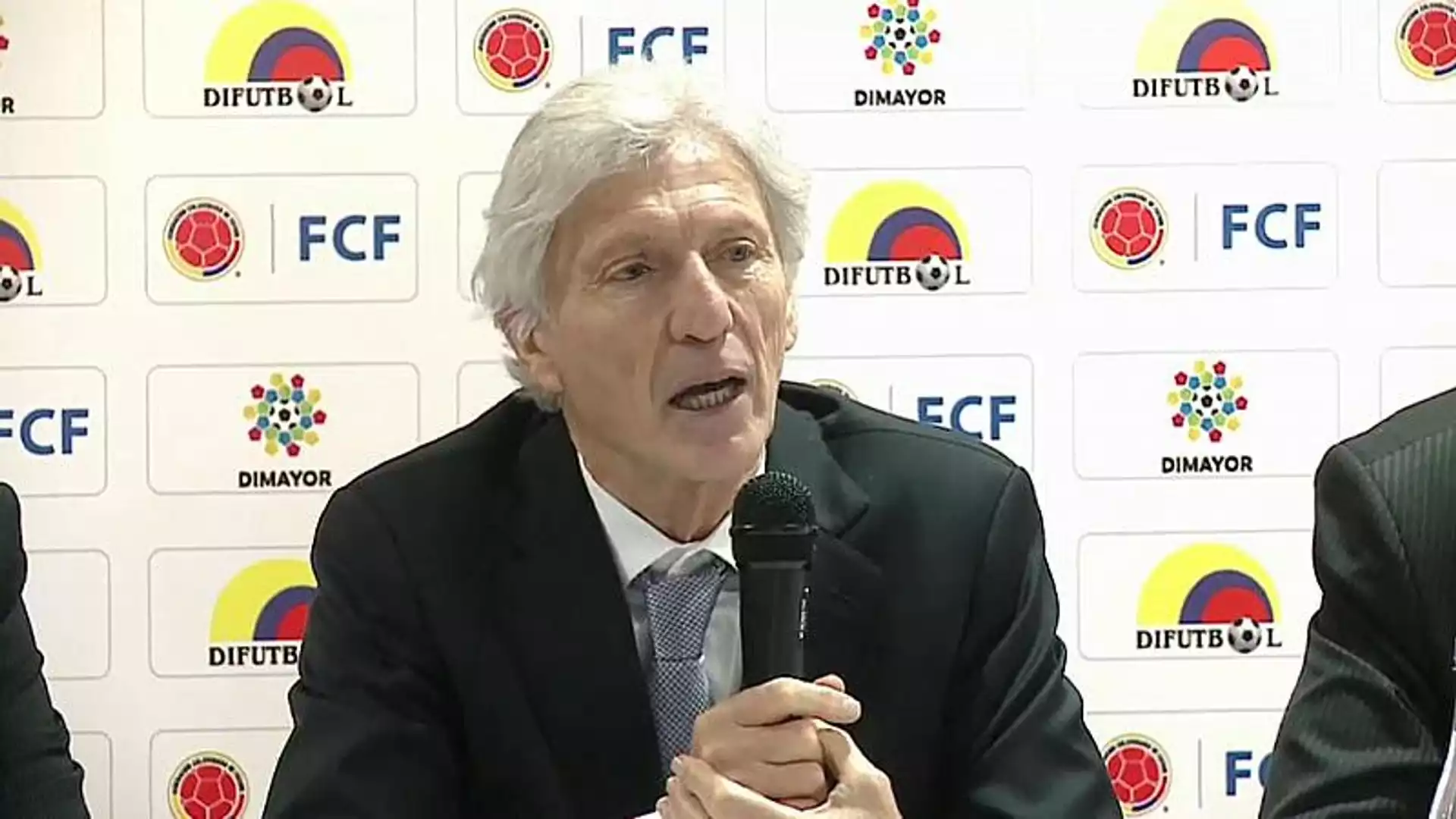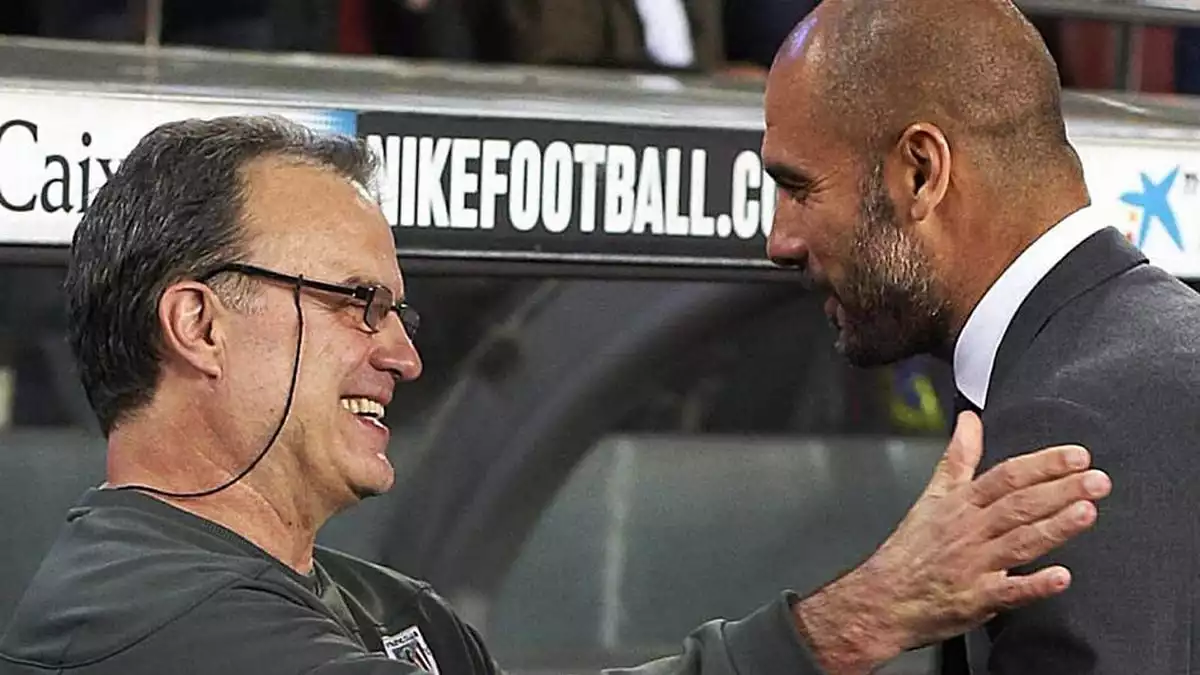Importance of Managers in Football
Football is a game that revolves around teamwork, skills, and strategies. While players often steal the spotlight, it is the managers who play a vital role in shaping the destiny of a team. A great manager can transform an average team into champions, while a poor one can lead a talented squad to failure. In the Argentine Primera Division, the importance of managers cannot be overstated. They are the architects behind the success of their teams, meticulously crafting tactics, motivating players, and making crucial decisions during matches.
Criteria for determining success in football management
Before we delve into the lives and achievements of the five most successful managers in Argentine Primera Division history, it is essential to establish the criteria for determining their success. While the number of titles won is undoubtedly a significant factor, it is not the sole measure of success. Factors such as the impact on the team's playing style, development of young players, and longevity at a club also come into play. By considering these aspects, we can gain a comprehensive understanding of the greatness these managers have achieved.
Manager 1: Carlos Bianchi
Carlos Bianchi is widely regarded as one of the greatest managers in Argentine Primera Division history. During his tenure at Boca Juniors, he led the team to an unprecedented string of successes, winning four league titles and three Copa Libertadores trophies. What set Bianchi apart was not only his ability to assemble a talented squad but also his tactical brilliance. He introduced a style of play that combined defensive solidity with devastating counter-attacks, making Boca Juniors a force to be reckoned with.
Manager 2: Marcelo Gallardo
Marcelo Gallardo, affectionately known as "El Muñeco," is a modern-day legend in Argentine football. As the manager of River Plate, Gallardo has overseen the club's most successful period in recent history. Under his guidance, River Plate won the Copa Libertadores in 2015 and 2018, cementing their status as one of the continent's powerhouses. Gallardo is admired for his tactical flexibility, his ability to adapt to different opponents, and his knack for getting the best out of his players, even in high-pressure situations.
Manager 3: Carlos Bilardo
Carlos Bilardo is a name that resonates with the golden era of Argentine football. As the manager of the national team, Bilardo guided Argentina to their second World Cup triumph in 1986. Known for his meticulous approach to preparation and tactical acumen, Bilardo instilled a winning mentality in his players. His unique formation, the 3-5-2, allowed Argentina to dominate matches and showcase their attacking prowess. Bilardo's impact on Argentine football extends beyond the national team, as he also achieved success at club level, winning multiple league titles with Estudiantes de La Plata.
Manager 4: Ramón Díaz
Ramón Díaz is a true icon of Argentine football. As both a player and a manager, he has left an indelible mark on the sport. Díaz's managerial success came during his time at River Plate, where he led the team to an impressive seven league titles. Known for his motivational skills and ability to build strong relationships with players, Díaz created a winning atmosphere at River Plate. His attacking style of play and emphasis on possession-based football endeared him to the fans, cementing his status as one of the most successful managers in Argentine Primera Division history.
PRIMEIROS TREINOS - RAMÓN DÍAZ | VASCOTV
Manager 5: José Pékerman
José Pékerman may not have achieved the same level of success at club level as the other managers on this list, but his impact on Argentine football cannot be overlooked. Pékerman's greatest achievements came during his tenure as the manager of the national team's youth set-up. Under his guidance, Argentina won the FIFA U-20 World Cup three times and produced a generation of talented players, including Lionel Messi. Pékerman's emphasis on player development and his ability to create a nurturing environment for young talents have had a lasting impact on Argentine football.
Comparison of their achievements and impact on Argentine Primera Division
When comparing the achievements and impact of these five managers, it becomes evident that each has left an indelible mark on Argentine Primera Division history. From Bianchi's tactical brilliance to Gallardo's ability to inspire his players, and from Bilardo's meticulous preparation to Díaz's attacking style, each manager has contributed something unique to the sport. Furthermore, Pékerman's focus on player development has shaped the future of Argentine football. These managers have not only achieved remarkable success on the field but have also revolutionized the game with their innovative approaches and unwavering dedication.










.png?size=50)